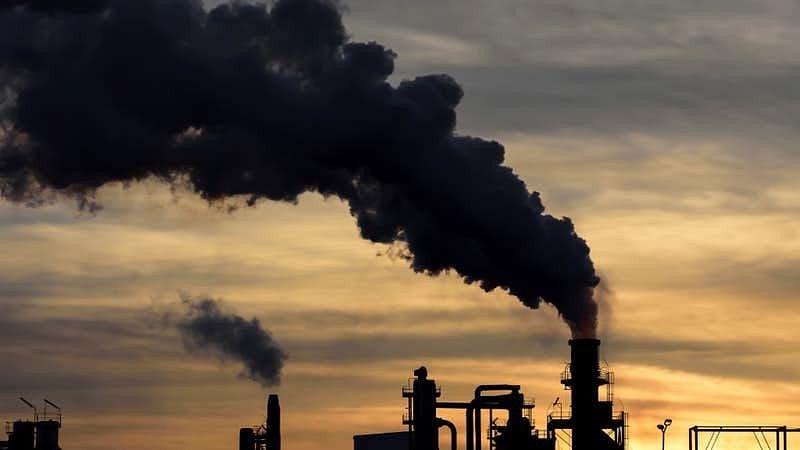‘Paris Climate Pact Can Cut World Healthcare Cost by $54 Trillion’
The amount needed to implement the deal would be far cheaper than paying the costs of people sickened by pollution.

Implementing the Paris climate agreement by investing trillions of dollars to slow greenhouse gas emissions would be far cheaper than paying the costs of people sickened by polluted air, as per a study published in The Lancet Planetary Health, an online academic journal.
The study states that the governments worldwide could save USD 54 trillion in healthcare costs by investing less than half that amount in green projects by mid-century.
Such an investment would result in 30 million fewer premature deaths related to air pollution, said the study's co-author Jon Sampedro, a researcher at Spain's Basque Centre for Climate Change, in a Reuters report.
The WHO states that 4.3 million people a year in India die from the exposure to household air pollution, which is among the highest in the world.
The Paris agreement signed in 2015 by nearly 200 countries committed to curbing greenhouse emissions enough to keep the global hike in temperatures ‘well below’ 2 degrees Celsius above pre-industrial times while ‘pursuing efforts’ for a far tougher 1.5 Celsius ceiling.
This could decrease air pollution-related deaths by 21-27 percent between 2020 and 2050.
What’s The Cost of Living in a Polluted City in India?
Here’s how much you would spend if you were living in one of the polluted cities in India. And in most cases, these costs will be recurring.
Masks
It obviously doesn’t make sense to invest in the Rs 5 disposable, surgical face mask. It does zilch to protect you from pollution particles. You need one of these - Vogmask, 3M, N95 or N99 masks. These codes tell you the particle filter class – so, a N-95 respirator will filter out 95 percent of particulate matter (PM2.5), while a N-99 respirator filters 99 percent of particulate matter.
All these masks will cost you anywhere between Rs 70 to Rs 400.
Air Purifiers
Approximately one purifier costs between Rs 10,000 to Rs 75,000, and you will have to install it in every room of your house. It’s kinda pointless to sleep in clean air in your bedroom, and inhale toxic fumes through the day in your living area!
A Pollu-cation
It’s obviously not feasible for everyone living in smoggy greys to flee the cities. The final solution for this unlivable condition lies with the policymakers. But if you do, it can cost you anywhere from Rs 75,000 - Rs 1,50,000, depending on where you stay in India.
(With inputs from Reuters)
(At The Quint, we are answerable only to our audience. Play an active role in shaping our journalism by becoming a member. Because the truth is worth it.)